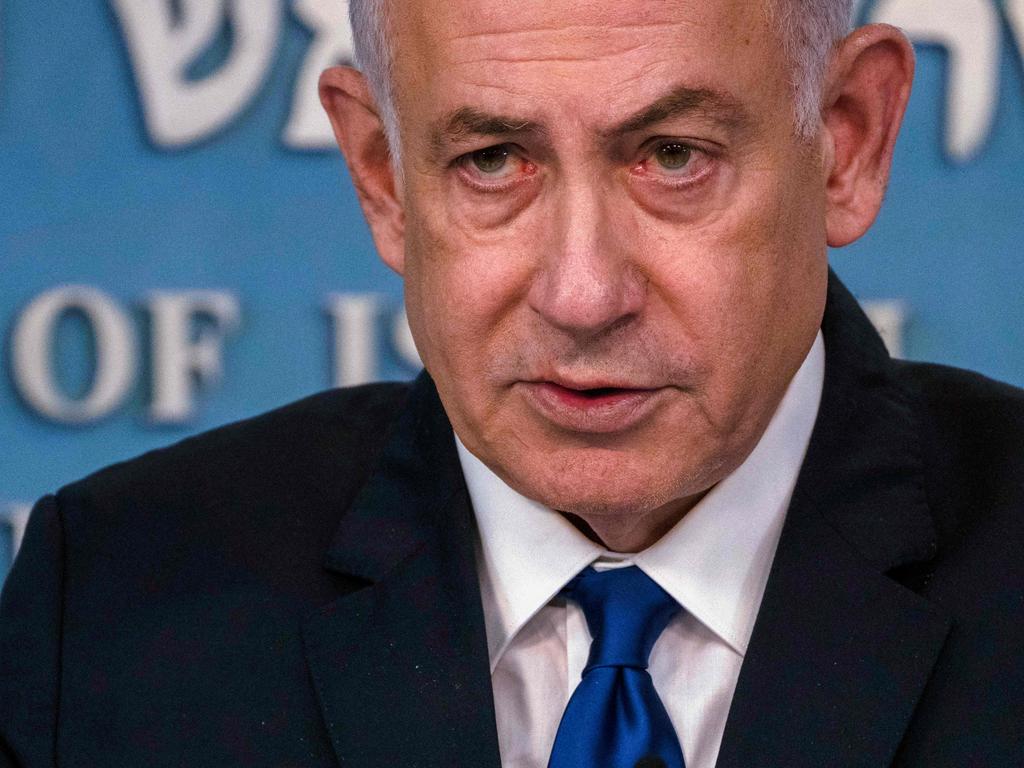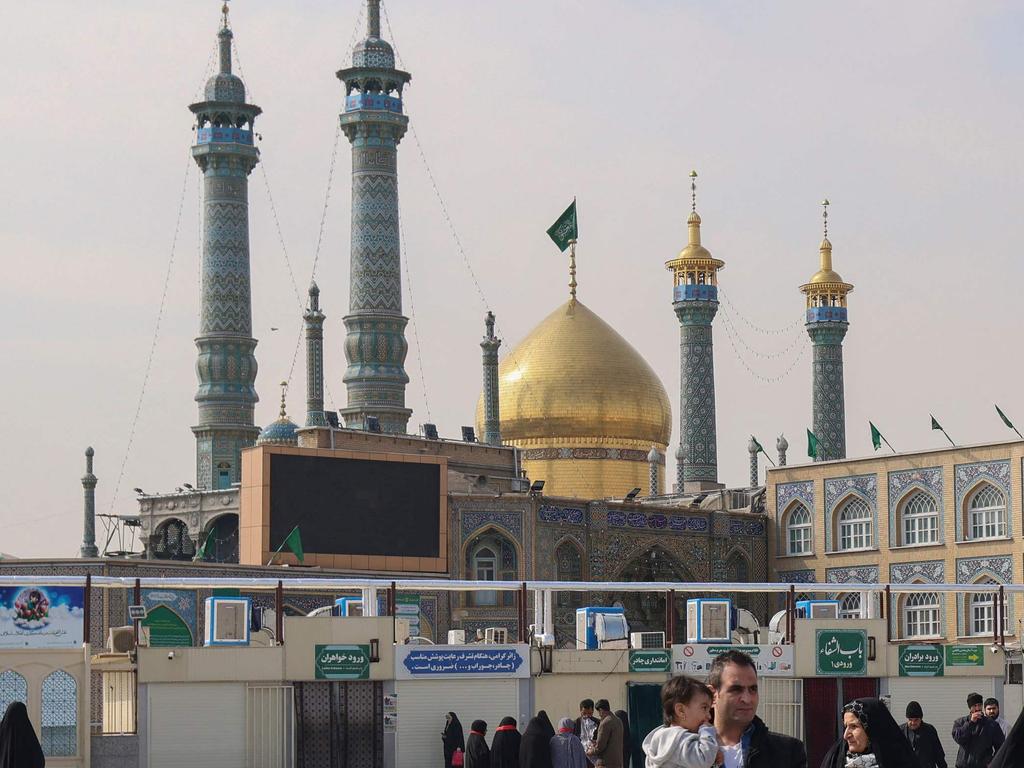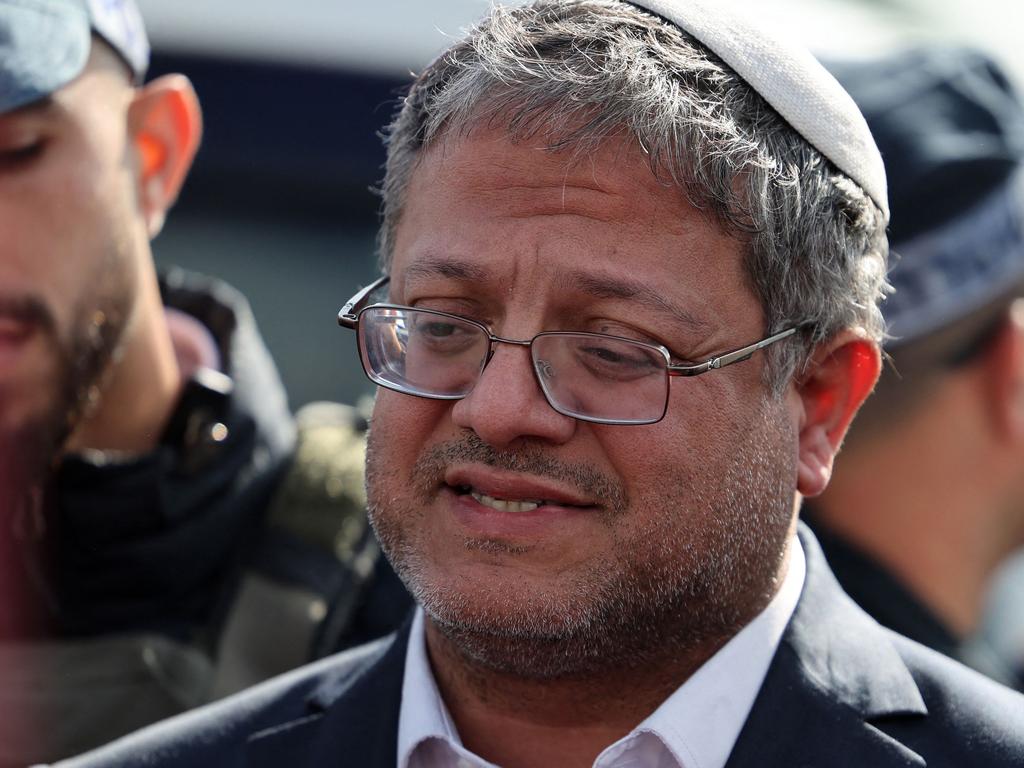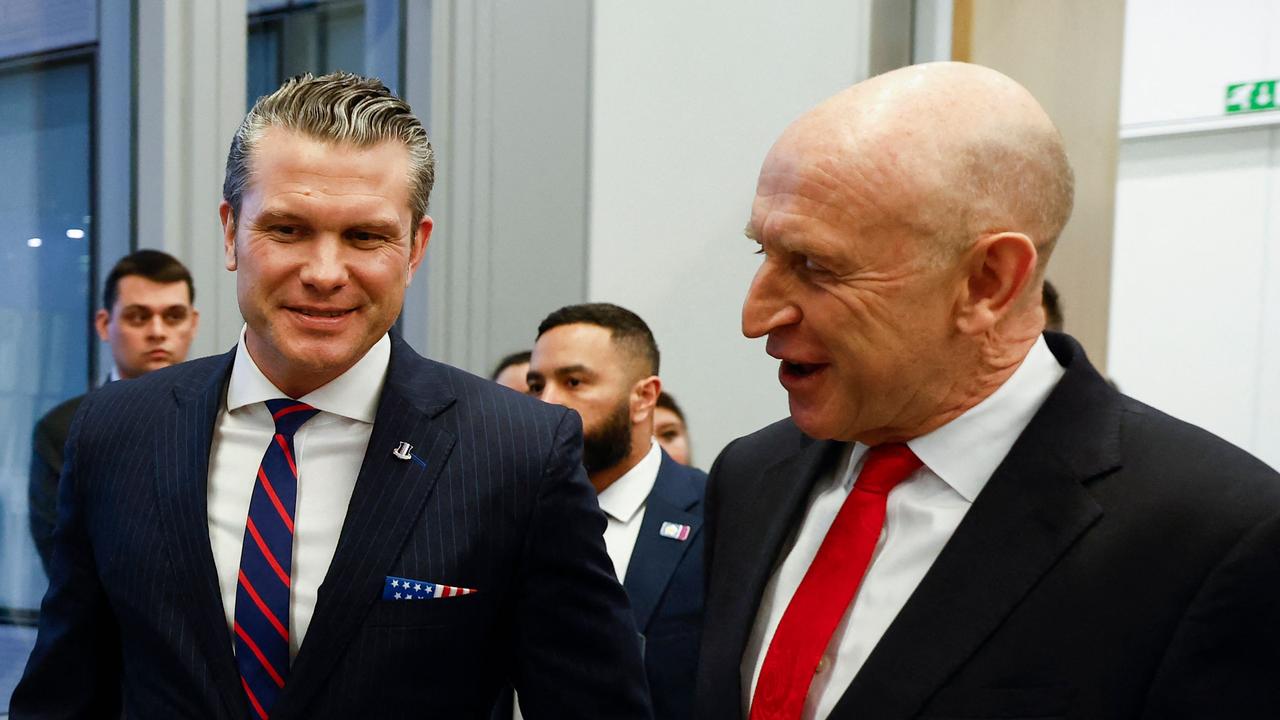Antony Blinken arrives in Israel – and finds a stronger Benjamin Netanyahu
As Antony Blinken presses Israeli leaders for a ceasefire deal, he finds Benjamin Netanyahu is less susceptible to pressure than he was several weeks ago.
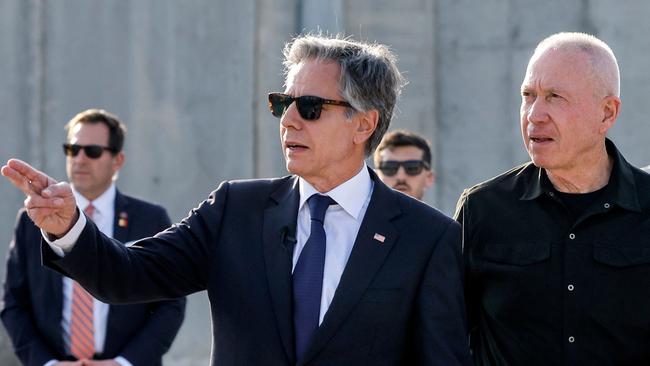
Secretary of State Antony Blinken is beginning a visit to Israel to press for a ceasefire deal in the Gaza Strip, and finding Israeli Prime Minister Benjamin Netanyahu in a stronger position with its most important ally and less susceptible to pressure than he was several weeks ago.
In early April, Netanyahu was publicly rebuked by the Biden administration over Israel’s killing of seven aid workers in what it said was a mistake that violated its rules of engagement. U.S. Senate Majority Leader Chuck Schumer had called publicly for the prime minister to be replaced. And Netanyahu’s poll numbers were suffering.
Now, his poll numbers have stabilised in the wake of Iran’s drone-and-missile attack on Israeli soil, and it is the Biden administration that is under pressure, as protests against Israel’s war in the Gaza Strip spread across U.S. college campuses. Biden needs the Israeli leader to deliver a halt in fighting that could ease domestic pressure over the conflict.
Israel has said it is ready to send a delegation to Cairo, where Arab mediators earlier this week presented Hamas with a fresh plan to pause the fighting in exchange for freeing hostages it holds in the enclave. The proposal is seen as the last chance to delay an Israeli offensive on the southern Gaza city of Rafah that Netanyahu said is needed to destroy Hamas’s remaining military units and complete the aims of the war.
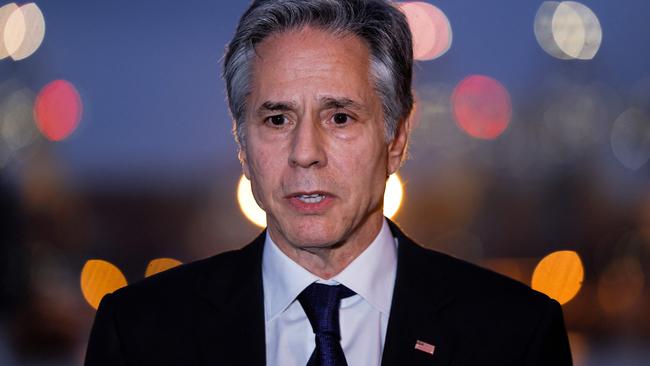
Netanyahu remains in a very tight spot. Members of his small war cabinet are pushing him to cut a deal to free hostages, but ministers on the right wing of his broader coalition are threatening to bring down his government if he reaches an agreement that prevents a Rafah operation. While his polling has improved since the start of the war, surveys show Netanyahu’s Likud faction would win far fewer seats in new elections than it did in the last round, and more than half of Israelis want him to resign.
Arab mediators have been trying to bring Israel and Hamas together to agree to a deal despite seemingly contradictory aims from the two sides. Hamas wants a ceasefire to include language about a permanent end to fighting, while Netanyahu has said he won’t give up the freedom to destroy the group militarily.
Hamas has expressed concern that statements by Israeli officials in recent days indicate that they expect to continue military operations, despite proposing a prolonged period of calm for the release of hostages, mediators said.
The White House has increasingly viewed Netanyahu as the main obstacle to its broader goals in the Gaza war. Biden has cautioned Netanyahu about his hard-line coalition. Even so, the U.S. has no choice other than to work with Netanyahu, said Yossi Shain, political scientist at Tel Aviv University and a former Israeli parliamentarian.
“They’ve been navigating this relationship from the beginning with the understanding that they wish he would not be there,” Shain said. “But he’s there.” Netanyahu also could require U.S. support to bat off potential war-crimes charges against top Israeli officials, which the International Criminal Court is currently weighing. Israeli President Isaac Herzog raised the issue with Blinken on Wednesday.
The U.S. has said it can’t support an Israeli military operation in Rafah without a plan to manage the roughly one million Palestinian refugees sheltering there and that current Israeli proposals to do so are insufficient.
Still, the U.S. also appears increasingly ready to blame Hamas if a ceasefire deal falls apart and Israel moves ahead with an operation. An X post from President Biden on Tuesday said that Hamas “is now the only obstacle to an immediate ceasefire and relief for civilians” in Gaza.
Blinken reiterated that message in Tel Aviv on Wednesday as he met with Herzog, before then sitting down with the prime minister.
“The only reason that that wouldn’t be achieved is because of Hamas,” Blinken said. “There is a proposal on the table, and as we’ve said, no delays, no excuses.” The U.S. is also discussing with Israeli officials how Israel plans to reduce the risk to civilians if its Rafah offensive goes ahead, U.S. officials said.
The latest ceasefire proposal, which Israel helped draft but has yet to agree to, envisages two stages: The first would involve the release of at least 20 to 33 hostages for a period of calm that could last up to 40 days for a number of Palestinian prisoners, according to a document reviewed by The Wall Street Journal.
The length of the first phase of the pause could then be extended at a rate of one day for each hostage released. Israel in return would release 20 Palestinian prisoners for each child, civilian woman, elderly person or wounded hostage. For each female soldier freed, Israel would release 40 Palestinian prisoners, with half of them serving life prison sentences.
A second phase would include at least a six-week ceasefire during which Hamas and Israel would agree on a larger hostage release and an extended pause in fighting that could last up to a year.
On the Hamas side, negotiators say they are waiting for word from the group’s Gaza leader, Yahya Sinwar, who launched the Oct. 7 attack and is believed to be hiding in the southern area of the strip.
The tentative agreement could be unpalatable to far-right politicians that Netanyahu relies upon for his tenuous coalition. Ahead of Blinken’s visit, Finance Minister Bezalel Smotrich and National Security Minister Itamar Ben-Gvir, who both head far-right parties, said the government must push into Rafah immediately.
Squeezing Netanyahu from his other political flank is war-cabinet minister Benny Gantz, who indicated earlier this week that if the government didn’t approve an acceptable deal to free hostages, his party would leave Israel’s emergency war coalition.
Roughly half of Israelis support ending the war to secure the release of hostages, compared with roughly a third who oppose, according to a poll this week by Israeli broadcaster Kan.
That leaves Netanyahu in a political bind.
“His government may fall with a cease-fire-hostage deal,” said Mitchell Barak, a political analyst at Jerusalem-based Keevoon Global Research. “If he doesn’t do the deal, Gantz could bolt, and the country plunges into chaos.” Palestinian health authorities say that more than 34,000 people – most of them civilians – have been killed so far in the war. Their figures don’t say how many were combatants.
Hamas attacks on southern Israel on Oct. 7 that sparked the conflict killed roughly 1,200 people, mostly civilians, according to Israeli authorities. Hamas and other Palestinian factions also took more than 240 hostages. Some of those were freed late last year, but roughly 129 remain as captives in the strip. Of those remaining hostages, at least 34 are dead, including three Americans, according to Israel.
Blinken arrived in Israel from Jordan and Saudi Arabia, where he has been trying to rally support for a broader postwar plan that could help move the ceasefire talks forward.
As part of that plan, the U.S. hopes to establish diplomatic relations between Saudi Arabia and Israel, lay the groundwork for an Arab force to stabilise Gaza and define a road map leading to the creation of a Palestinian state.
That goal appears unlikely with Netanyahu in power. His far-right partners and members of his own Likud faction oppose a Palestinian state, and the prime minister himself has repeatedly changed his position on the idea over time.
“The United States and Israel are in better shape than they were,” said Gadi Wolfsfeld, a political scientist at Israel’s Reichman University. “But that could change very quickly if they feel that Netanyahu is dragging his feet on any deal.”
Dow Jones

